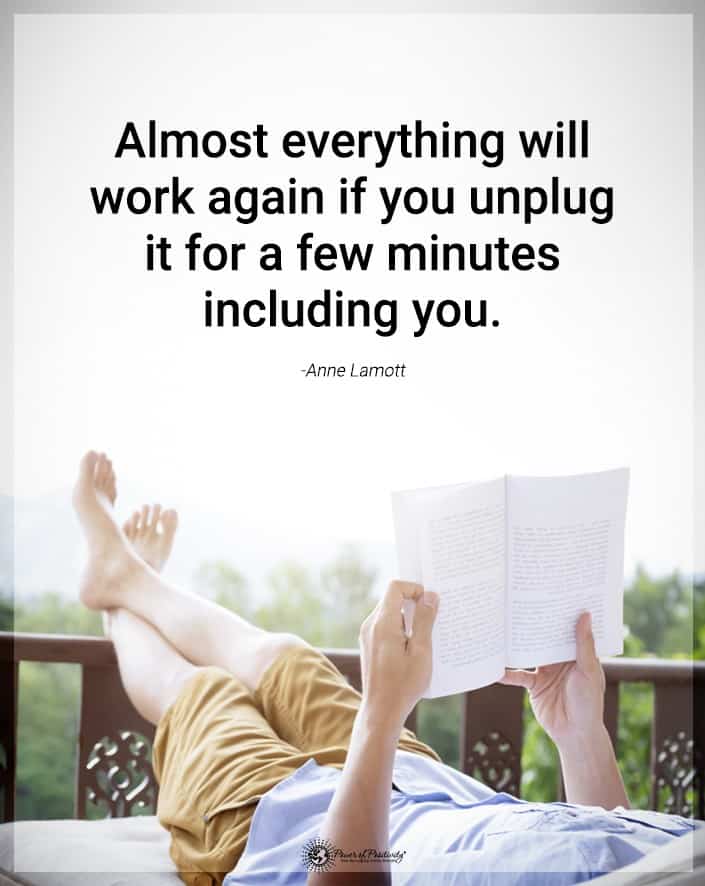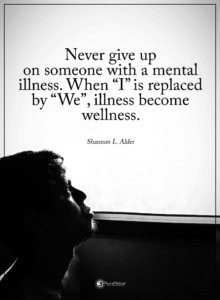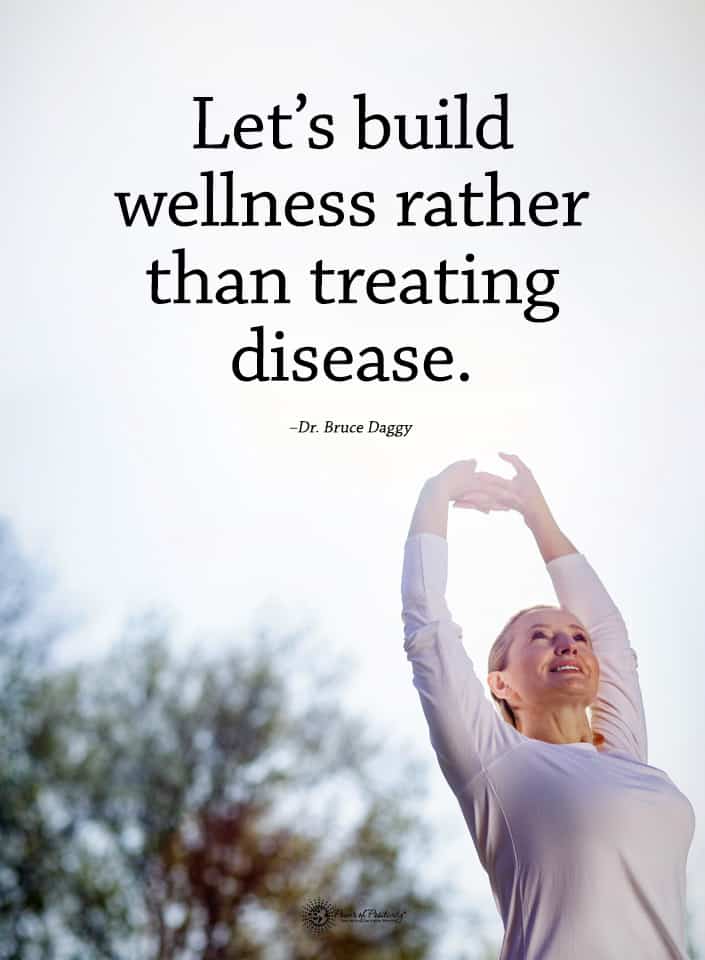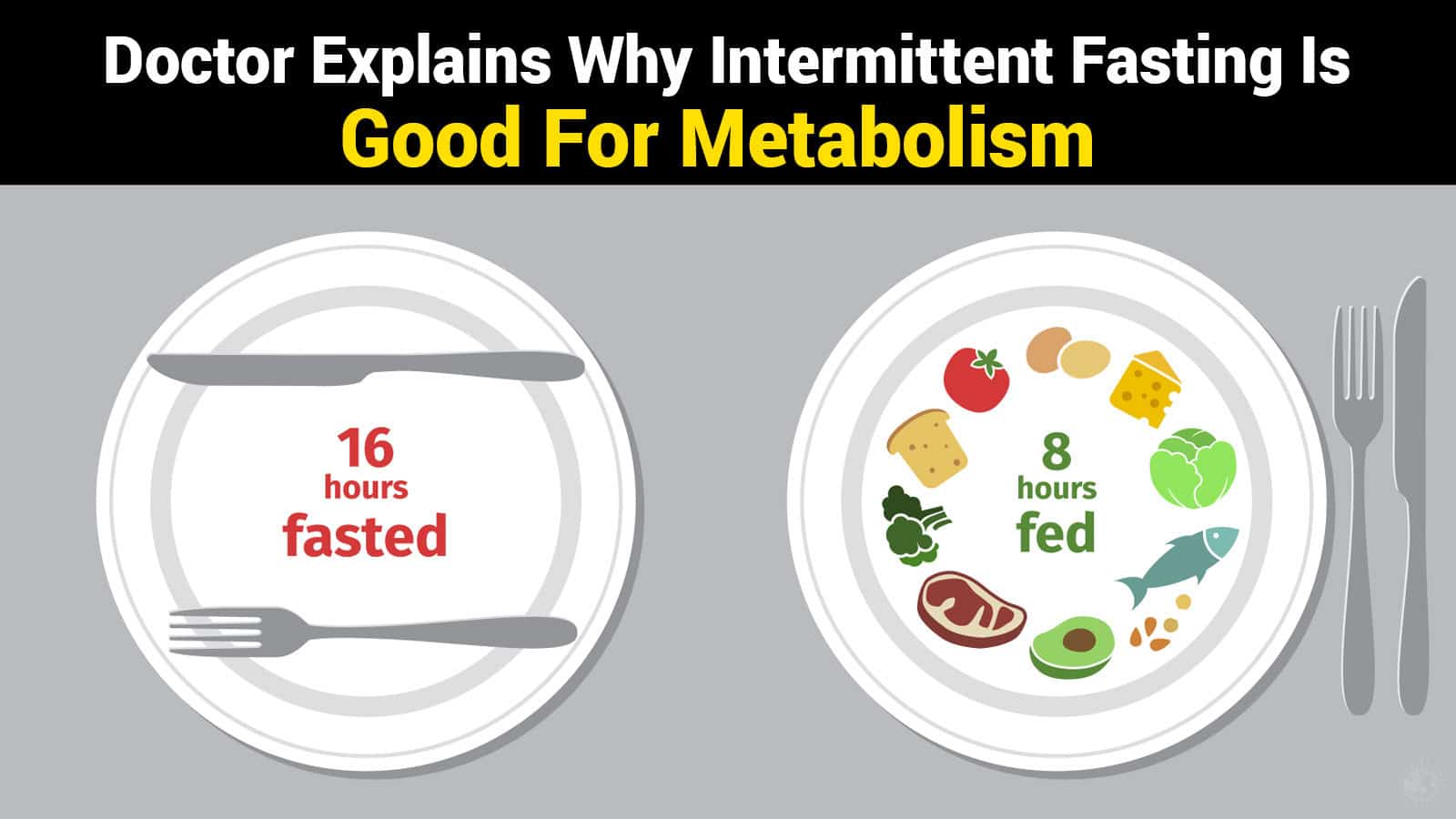Many people live through a traumatic experience but escape relatively unscathed over time. However, others develop mental health conditions like anxiety, depression, or post-traumatic stress disorder (PTSD) as a result.
You might connect PTSD with soldiers returning from war. And that can be the case. But some people develop the condition from being the victim of a violent crime, witnessing an accident, or even the loss of a loved one. We will delve into several of the reasons why people develop PTSD.
What the Experts Say About Coping with a Traumatic Experience
“There are real neurobiological consequences of trauma that are associated with PTSD,” said Dr. Farris Tuma, who runs the NIH traumatic stress research program, according to the National Institutes of Health.
When you’re in danger, your body responds in a fight-or-flight mode that can help you get out of dangerous situations. However, if you were exposed to a stressful or dangerous situation for an elongated time, you may have chronic problems. These include trouble sleeping, flashbacks, and anxiety.
If your symptoms last more than one month, your doctor might diagnose you with post-traumatic stress disorder or PTSD.
The Definition of a Traumatic Experience
What is a traumatic event? A traumatic experience or development is an alarming and distressing time in one’s life that brings about a strong emotional response. At first, shock sets in, but future issues may be flashbacks and severe emotions or even headaches.
While many may associate PTSD with soldiers and veterans, trauma and its related symptoms can occur among many different people throughout their lifetimes.
Anyone who has been through physical or sexual abuse are likely to suffer from trauma-associated symptoms. Many people may have PTSD who have been through a natural disaster such as an earthquake or a hurricane. Also, post-traumatic stress is frequent among those who’ve been in severe car crashes or other accidents.
“Most people associate post-traumatic stress symptoms with veterans and combat situations,” explained Dr. Amit Etkin, an NIH-funded mental health expert at Stanford University. “However, all sorts of trauma happen during one’s life that can lead to post-traumatic stress disorder and post-traumatic stress disorder like symptoms.”
The AURORA Study: The Biology Behind a Traumatic Event
Scientists believe it would be helpful to figure out what puts people at risk of post-traumatic stress disorder. Dr. Samuel McLean, a trauma expert at the University of North Carolina, and his team have been attempting to uncover how the brain reacts to stress and trauma.
The AURORA study looked at depression, physical pain, post-traumatic stress, and post-concussion syndrome among those who faced a traumatic experience. These researchers pursued 5,000 trauma survivors for one year to better understand their mental and physical problems.
“We’re enrolling people who visit trauma centers immediately after trauma because evidence suggests that a lot of the important biological changes that lead to persistent symptoms happen in the early aftermath of the trauma,” McLean stated.
The researchers are:
- looking at life history before the trauma,
- collecting genetic and biological data
- conducting brain scans to see any changes in the brain,
- and recording post-traumatic symptoms.
Also, smartwatches and mobile apps are being used to assess the survivors’ bodily responses to trauma. This data may help scientists better understand how people’s moods, sleep patterns, and activities change due to trauma.
“Our goal is that there will be a time when trauma survivors come in for care and receive screening and interventions to prevent PTSD, just in the same way that they would be screened with X-rays to set broken bones,” clarified McLean.
The AURORA study followed a large number of survivors and conducted tests ranging from self-reports to digital phenotyping, neuroimaging, and genomic analyses. This testing began in the first stages after a traumatic experience and continued for one year.
5 Ways to Recover from a Traumatic Experience
While scientists continue to uncover the biology behind trauma, there are some steps that survivors can take to recover from a traumatic experience. Five ways to recover from trauma include:
- Talking with friends and family as a coping strategy;
- Attending a support group and/or talking with a mental health professional;
- Utilizing self-help apps, books, or websites such as those created by the U.S. Department of Veterans Affairs;
- Considering noninvasive brain stimulation if you don’t respond to treatment;
- Undertaking music therapy as a potential solution.
Let’s move on to look at each of these more closely. Read on.
1 – Talking with Loved Ones to Work Through a Traumatic Experience
You’ll find that you need a good coping strategy to overcome traumatic experiences. Many turn to negative forms of coping, such as drinking alcohol or even taking drugs. However, talking to your friends, family, and significant others can help you overcome some of the memories and emotions associated with your trauma.
You’ll want to seek support from your friends and family or those who have gone through similar situations. Those who can relate and be there for you will help you feel less alone. Asking your family for support is vital. While your loved ones may not know what to say, you may find it freeing to talk about what happened.
You’ll also need to take time to recover. Understand that it may take weeks or months to overcome your trauma or tragedy. Talking it over with others or spending time with close ones can help you heal. Take things slowly and let yourself feel those emotions, even if you cry.
2 – Attend a Support Group or Talk with a Mental Health Professional
Usually, talking with family and friends can help you overcome trauma.However, if it continues, you should find a mental health professional. When should you seek professional advice? Seek therapy when:
- You’re feeling overwhelmed by sadness and anxiety.
- You cannot sleep and have nightmares.
- Your life isn’t returning to normal after six weeks.
- You refrain from spending time with others.
- Your work is suffering.
- You are using alcohol or drugs to cope with your feelings.
When learning to cope better and recover from your traumatic experiences, you’ll benefit from speaking with a mental health professional. Talking with others in a support group may also help you. You’ll want to make an appointment with a therapist who is trained in trauma-focused therapy when experiencing post-traumatic stress symptoms.
“For those who start therapy and go through it, a large percentage of those will get better and will get some relief,” explained Dr. Farris Tuma of the NIH.
Post-traumatic stress disorder can have a variety of different symptoms among people, so some treatments may not work for you while others may do the trick. It’s essential to try out various therapies to see which type of treatment works best for you.
3 – Utilize Self-Help Apps, Books, or Websites
If you’re a veteran or soldier suffering from trauma, you’ll benefit from using the tools, mobile apps, and self-help website that the U.S. Department of Veterans Affairs created. There are apps for mindfulness, and one called a PTSD coach to provide you more guidance.
There are countless self-help books for helping survivors recover from their trauma. One book with many positive recommendations is called Healing from Trauma: A Survivor’s Guide to Understanding Your Symptoms and Reclaiming Your Life. It is written by Jasmin Lee Cori, and it seems to have helped many people.
With the assistance of self-help books and apps, you may be able to get your life back on track, especially if you are uncomfortable with talking with a therapist. You’ll also want to get into a routine. Don’t forget to eat and have healthy, balanced meals. You can even start taking part in some simple and gentle exercises.
Your routine should involve spending time with others doing things besides focusing on your trauma. For example, go out to dinner with friends or see a movie with your significant other.
4 – Noninvasive Brain Stimulation for Those Not Responding to Treatment
Medical professionals have utilized noninvasive brain stimulation to help both veterans and others suffering from the post-traumatic stress disorder. This process is only used when the patients are not responding to any other treatments.
In 2014, researchers from Los Angeles, California, used deep brain stimulation to help veterans overcome their post-traumatic stress symptoms. The clinical trial found a 30 percent reduction in the Clinician-Administered PTSD Scale (CAPS) total score after undergoing deep brain stimulation.
The research uncovered in the pilot trial can help other scientists create studies that can better determine the advantages of deep brain stimulation for soldiers, veterans, and others facing treatment-refractory PTSD.
5 – Music Therapy May Could Be Your Solution
Many people also benefit from music therapy. You’ll find that music therapy is currently being utilized to help people from a variety of backgrounds. This includes those suffering from depression and also those on the autism spectrum.
Music therapy may include making music, moving to the beat of a song, singing, or listening to music. This can help with physical rehabilitation, teach coping methods for stress, motivate people, and decrease pain.
 Final Thoughts on Overcoming a Traumatic Experience
Final Thoughts on Overcoming a Traumatic Experience
If you’ve been through a traumatic experience, you may want to try talking to a therapist or support group. Or you may benefit from trying out music therapy and a self-help book.
Whichever of these five strategies you choose, there are clearly proven ways to help trauma survivors overcome, recover, and heal from their tragedy.




 Text neck syndrome is not an official medical diagnosis. Instead, it is a term used to explain
Text neck syndrome is not an official medical diagnosis. Instead, it is a term used to explain  How is Text Neck Syndrome Treated?
How is Text Neck Syndrome Treated? Final Thoughts on Text Neck Syndrome: Symptoms, Causes, Diagnosis, and Treatment
Final Thoughts on Text Neck Syndrome: Symptoms, Causes, Diagnosis, and Treatment

















